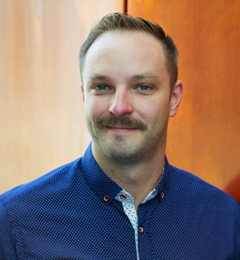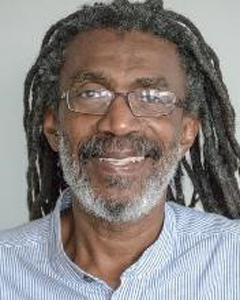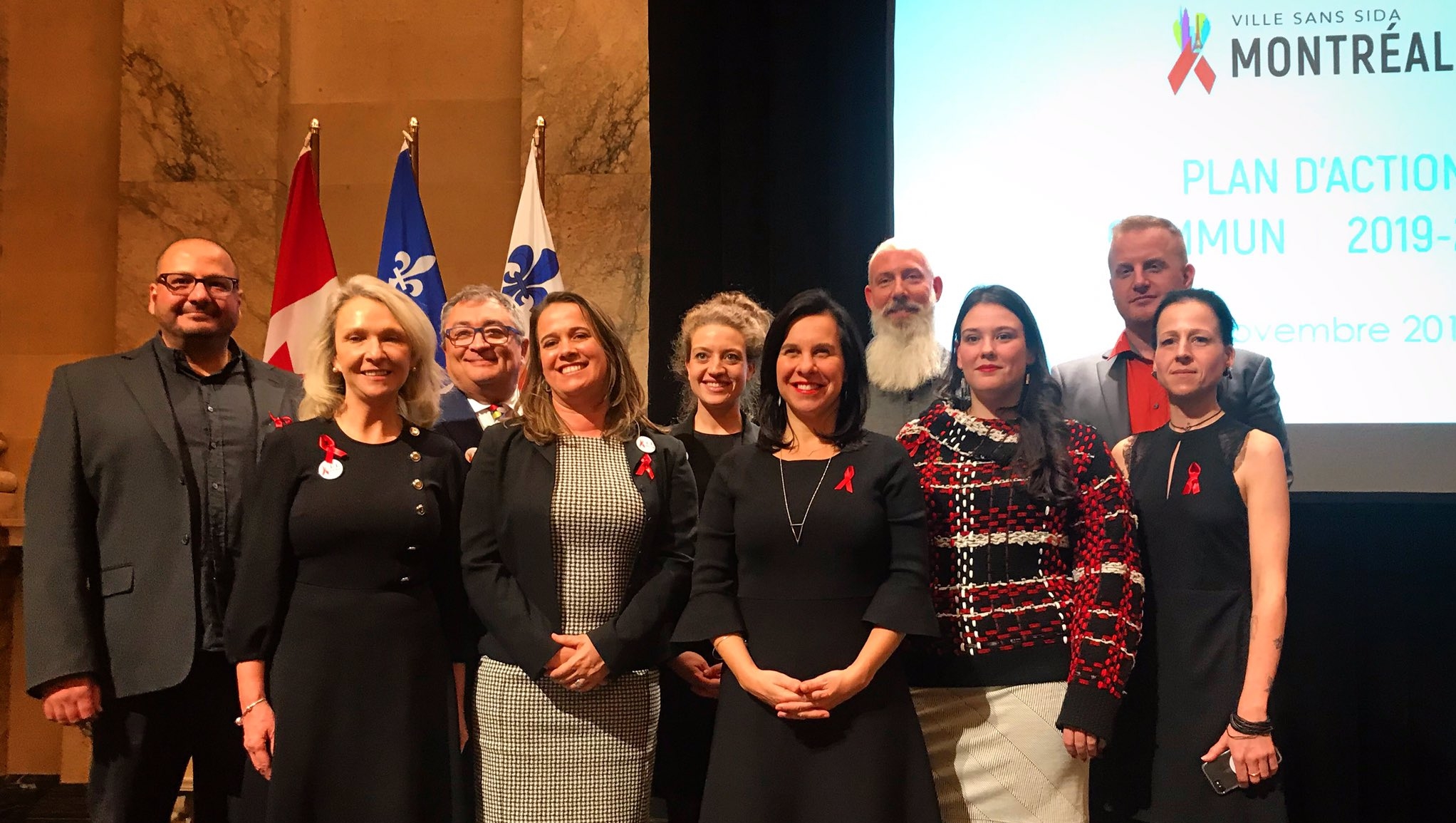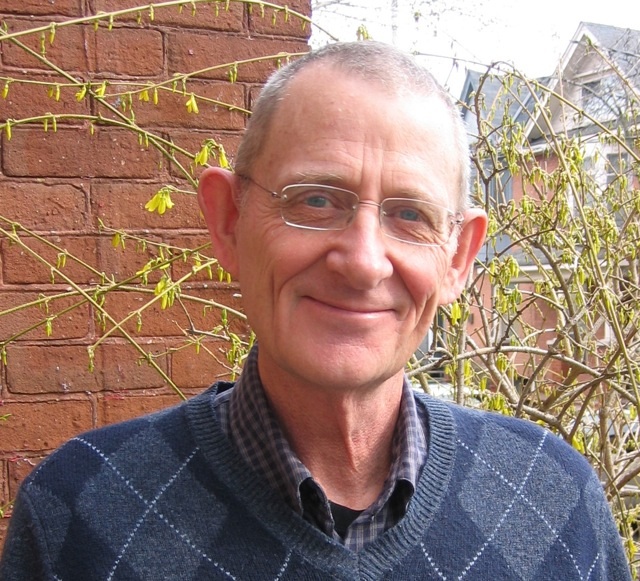Can’t Pass It On: Rainer and Eka’s story
November 6, 2019 • By Rainer Oktovianus and Eka NasutionCATIE recently launched its Can’t Pass It On campaign to increase awareness that people living with HIV on effective treatment can’t pass it on to a partner. The series features real serodifferent couples with one HIV-positive and one HIV-negative partner. CATIE sat down with one of these couples, Rainer Oktovianus and Eka Nasution, to learn more about their story and why they chose to participate in the campaign.






